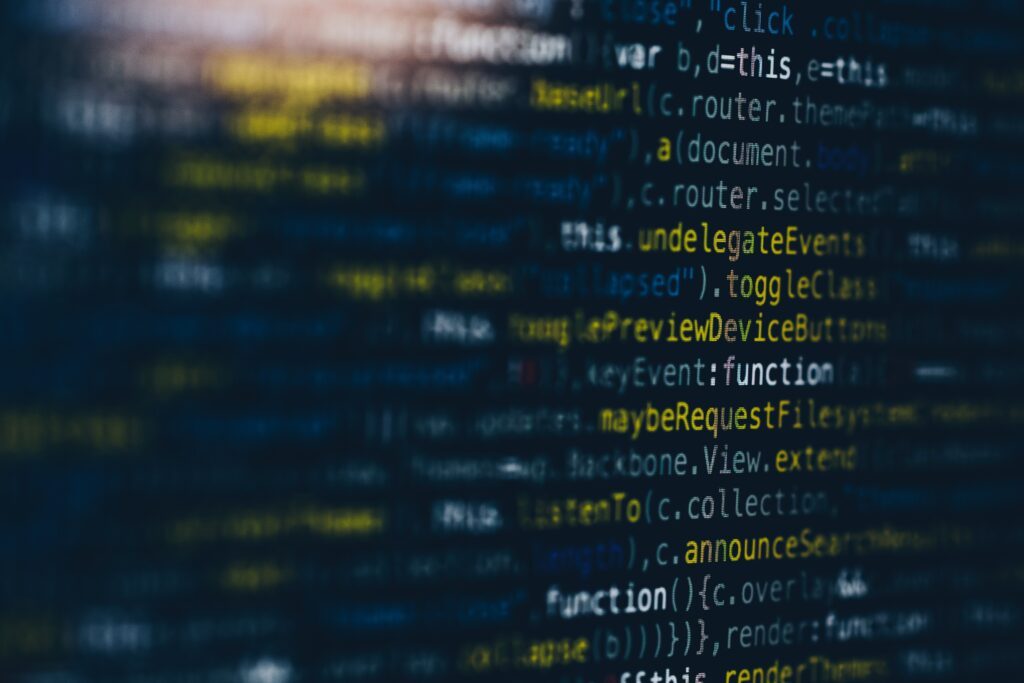Let me Google it!
This application recognizes my personality perfectly. I can earn more revenue because of the precise targeting features of this media website. I feel secure when I shop online. Everybody loves Netflix…!
In today’s digitally revolutionized world, we either undertake plenty of activities online or rely on gadgets and applications to make our life stress-free. Be it’s healthcare, logistics, or transportation, Data science is everywhere.
People in developing countries like Pakistan mostly think that data science is reserved for skilled professionals who could deal with BIG DATA. Surprisingly this is a misconception; we all get in touch with products and services in our daily lives that exist only because of data science.
After the Coronavirus pandemic, online shopping is trending around the globe, and retailers now want to know customers’ feedback. They have to adapt different marketing tactics if customers do not show interest in re-buying their products. Most small shops and inexperienced retailers don’t have much information about their clients apart from names, addresses, or occasional purchase information.
Now they use social media platforms like Facebook and Instagram to get the big picture of what customers think of their brand? Companies and organizations are gathering information about their targeted audiences.
They know what you are watching, reading, buying, or playing on.

After purchasing online or downloading an application from PlayStore, we leave our feedback whether we satisfy or the product has disappointed us. But we hardly valued the power of science that makes all this happen to us.
There has been a meaningful increase in the big data analytic applications used in everyday life in recent years. Such applications are generally marketing techniques for profit maximization. But they have their own disadvantages when data leaks. This leaked data creates privacy issues for the customers where the application owners never take responsibility for personal data protection.
Data plays a leading role in today’s world; it is impossible to pinpoint all the ways big data affects our daily lives. Researchers indicate that about 2.5 quintillion bytes of data are created each day as our internet-connected devices track, produce, and store information. Experts from each field of science are working to apply the knowledge gained from big data in an overgrowing number of ways.
Big data is challenging the way people live as it contributes to medical services, marketing, travel and transportation, public policy, education and employment, and yes in Artificial intelligence. Among all, two significant contributions of data science are in the fields of healthcare and environmental protection.
Healthcare has progressed steadily; researchers can access big data related to past cases history. They can also store their experimental analysis and reuse it when required. Healthcare applications are trending worldwide due to their easy use and feasibility.
Realizing the more considerable impacts of data in our daily lives, Scientia Pakistan brings its June-July bi-monthly edition on DATA SCIENCE. We reached out to prominent experts working as data scientists in different fields. Dr. Murtaza Haider is a professor of Data Science and Urban Economics at Ryerson University, Toronto, also holding an adjunct professorship at McGill University. Dr. Bushra Anjum is among the leading data scientist based in Pakistan, inspiring women in science worldwide through her outstanding work and achievements. We also reached a Saudi Dr. Suleman Atique, a Saudi Arabia- based expert on informatics who briefed us about the contribution of data analysis in healthcare.
The other leading stories of this edition are deep fake audios and videos, the role of forensic science in wildlife protection, progress in medicine and environmental protection, and storytelling with the contribution of data science. We tried to sum up in one edition that “our future depends on data analytics”.
Have a lovely weekend!

Saadeqa Khan is the founder, CEO, & Editor-in-Chief of Scientia Pakistan. She’s a member of the Oxford Climate Journalism Network (Second Cohort) and NASW. Saadeqa is a fellow of NPF Washington, The Falling Walls Foundation, and the Science Journalism Forum. Saadeqa has won several international journalism grants and awards for her reports.

